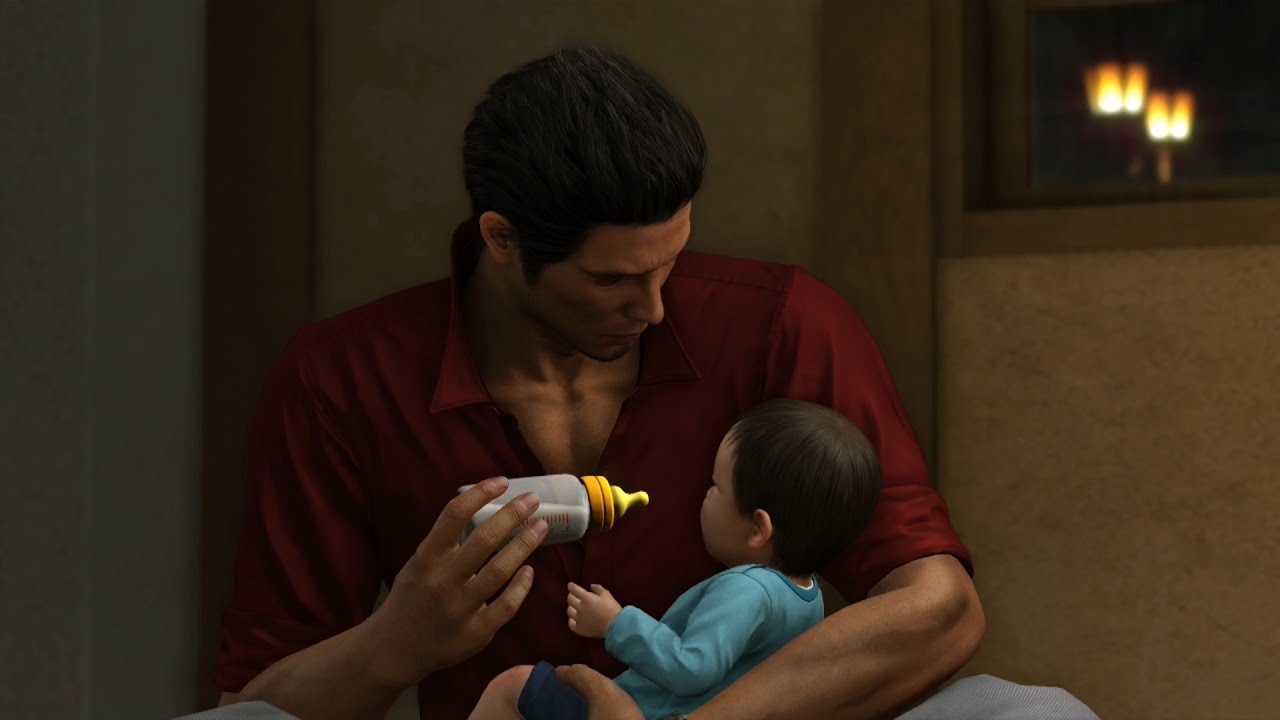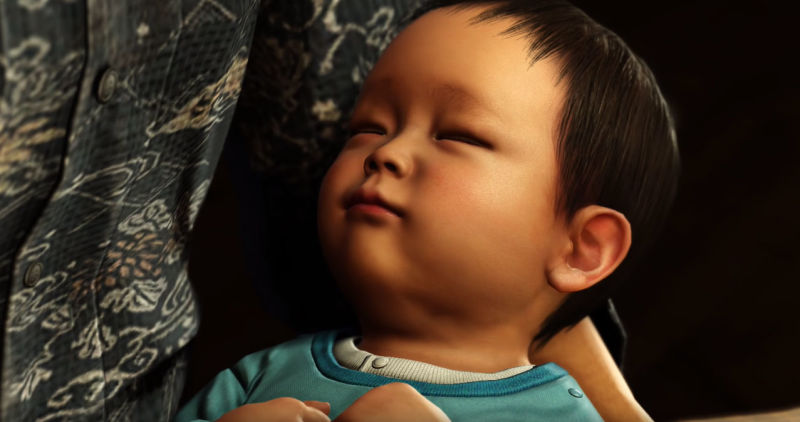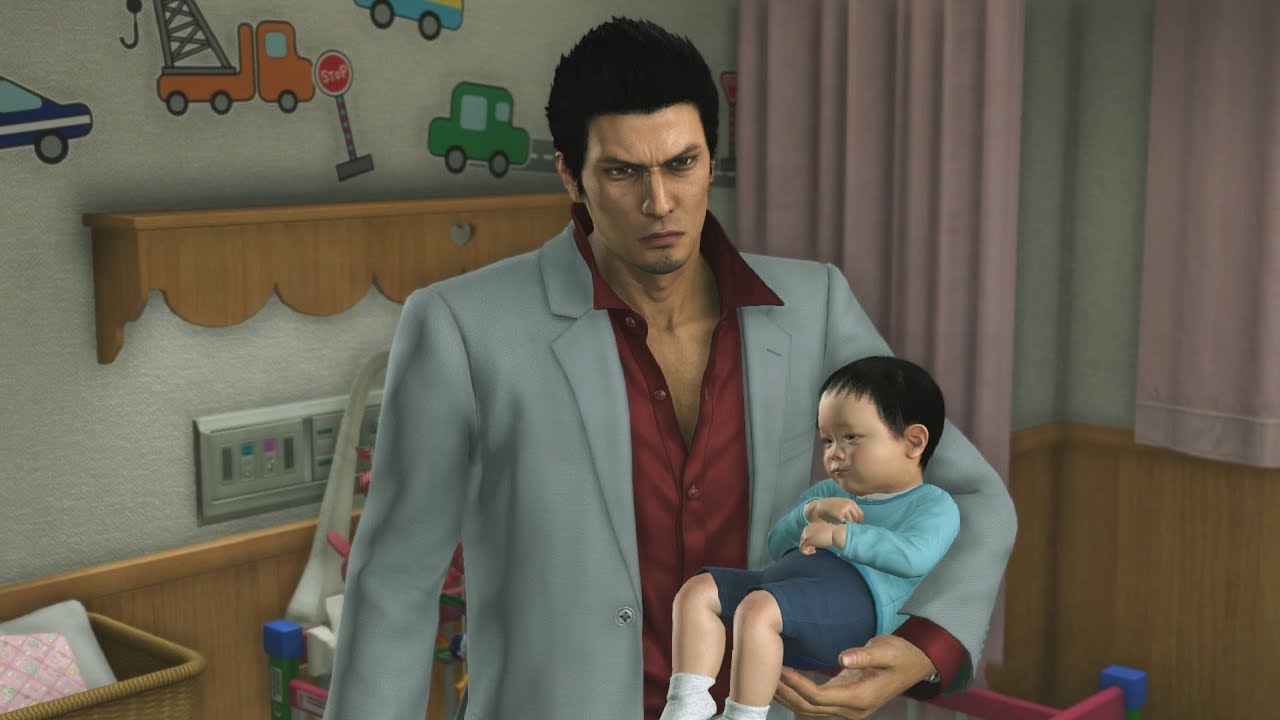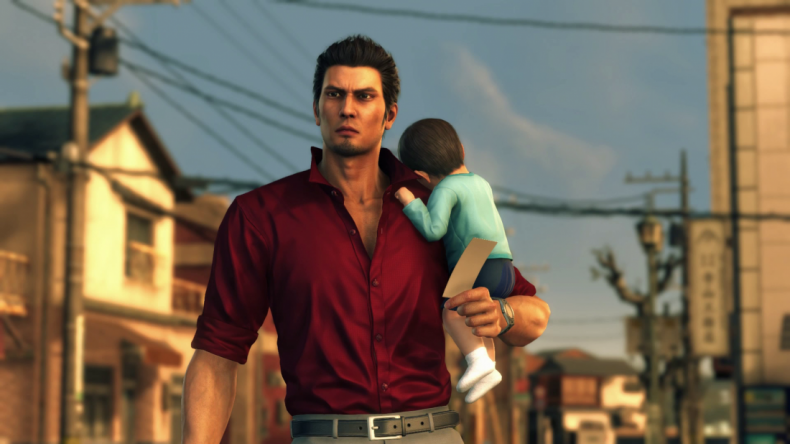Being a parent is my biggest challenge and my biggest achievement. It has been a hectic six months since my daughter was born, with some incredibly sleep-deprived lows, that somehow always seem to be outweighed by the incredible emotional highs. Truly a roller-coaster of emotions, that no amount of advice or warning can really prepare you for, and what I’ve come to realise is that you only really “get” parenting once you become a parent. And that’s not intended to sound elitist or exclusionary, but more that I was convinced I was prepared mentally for everything that was to follow and at worst I was delusional, at best, just simply naive.
And what this experience has also taught me – aside from a love I never knew was possible – is a sense of respect for those going through similar (or more difficult) situations, knowing what a journey my wife and I have been on. I feel more of a connection with any situation with babies or children in now than I ever did, and critiquing whether it portrays an accurate picture. And I’ll find myself doing this whether it’s an advert on TV, a film, or yes, even a video game.
Enter Yakuza 6: Song of Life, the latest in a series renowned for being a little eccentric and brash, so surely any examples of parenting would be throwaway and token for fear of detracting from the on-screen action, right? How wrong I was in this preconception, and how pleasantly surprised I was in its ability to demonstrate some crucial themes in a real way, to the point where I really found myself wrapped up in its story.
And so to continue to explore just how it did this, we need to get into the detail, and so naturally spoilers will follow regarding Yakuza 6’s story. Fair warning.

Yakuza 6’s first emotional beat as it explores parenting, is when Kiryu decides to take the safety of Haruto – Haruka’s young son – quite literally into his own hands, and makes the decision to look after the young child against the wishes of his friends and the Japanese Child Protection Service. It’s a bold move and in isolation seems like a rather ill-advised one (and borderline illegal). But as became rapidly apparent to me as a newcomer to the series and previous exploits of the Dragon of Dojima, he acts on his emotions, thinking with his heart rather than head. And as a new dad there is something fundamental about the sense of duty to protect and support those that can’t protect themselves. And that obligation becomes even more primal as a parent, and whilst Kiryu isn’t related to Haruto, it’s reasonable to assume his bond to Haruka is similar to that of a brother-cum-parent, essentially validating that sense of liability to their well-being. What it means is that whilst the method in which Kiryu goes about things seems irrational, what drives him is a very rational, and relateable sense of duty to a child, and their innocence and vulnerability.
I mentioned my own naivety right at the start of this article, that I thought I was totally prepared to be a dad. And just to be clear, that’s not an arrogance I developed – thinking I would be the best parent in the world – but more an acknowledgement that I’m not the first adult to bring up children, and if the dregs of society on Jeremy Kyle can manage it, then I stood a good chance. And there’s a few points in the story, from several characters where this cleverly plays out. Whether it being Kiryu casually and confidently walking around Onimichi with Haruto in one arm like none of it phases him, or a point a bit later in the story where various members of the Hirose clan think they know best as to how to settle an upset baby, the nods to this self-assured thinking is there. And ironically most of it is a front, such apparent egotism is primarily born more out of necessity. You have to go into parenting with a bit of drive and optimism, a feeling that you “can” do this even if inside you’re having a metaphorical code brown. The right mental approach is half the battle when you first raise a child and venture into this scary new venture, and Yakuza 6 nails these character’s willingness to succeed through a positive attitude. They appear confident because they need to, not because of an inherent confidence in their ability.
And what makes it so relateable is that these apparently headstrong characters make mistakes when looking after Haruto, much as we all do as new parents. For those new to the parenting gig, a lot of it is trial and error, with much of the latter before success is found. A cute way the game addresses this reality is with a recurring side-quest where on a trip out to find baby formula for a distressed Haruto, he will spontaneously begin crying with you needing to cheer him up within a set time limit. You have five different options mapped to five different actions using the gyroscope and touchpad of the PS4 controller to mimic swinging or rubbing Haruto in various ways to cheer him up. Only one will work, and you won’t know which one until you do it, and you need to guess right multiple times before Haruto is completely happy and you can resume your milk search. Sure it simplifies, and maybe even trivialises the act of looking after a child, but in my opinion it does a great job of symbolising the unknown, the guessing, and fundamentally not always being a perfect parent and getting it right all of the time. And perhaps my favourite part of this entire section of the game is that once you finally track down milk and return home with Haruto, you learn he wasn’t even hungry after all, and just wanted sleep. It was a part of the story that didn’t need to exist (Haruto could have just taken milk and fell asleep) but its inclusion is a further nod to being that imperfect, fallible parent that we all essentially are, and a nod to all those times when we’ve spent ages preparing milk, toys or activities for our children only for their interest to be elsewhere.

The developing character arcs and their parenting approach is another highlight of the game. Perhaps the most obvious and emphasised is that of Yuta, Haruto’s father, but we’ll come to him later. The first example of it (although unbeknown to the player at this point) is when Kiyomi Kasahara, an owner of a local bar, and general sweetheart of Onimichi, seems to take a shining to Haruto, is successful at calming him down, and is trusted by Kiryu to look after the child when he needs to tackle missions involving his fists and other people’s faces. She’s the one who reveals to Kiryu that Haruto is tired rather than hungry in the scene I mentioned earlier, and gets him to settle. Later on in the game, you not only realise that Kiyomi is a mother of a daughter she no longer sees, but also that she has previously met Haruto and his mother Haruka and so she has had experience in looking after the child before. It is after these story beats, that you really appreciate the writing of her character and not only her feeling of duty towards Haruto but also her capability with him. Up until that point I simply put in down to “female intuition” for want of a better explanation, but I really love that it was more considered than that, and appreciated the reveal even more for it.
Kiryu himself also goes on a bit of a journey, although given his duty is unquestioning and his ultimate goal is providing the smack down to his enemies, the realistion of this is much more subtle. He goes from being this awkward figure in the early couple of chapters, to being a much more confident and capable guardian of Haruto. It is perfectly and simply encapsulated in a scene towards the middle of the story where, despite all the best efforts of the Hirose clan members, it is only Kiryu who can calm the child, a fact that is pointed out (just in case you missed it) verbally by the clan members. It’s pleasing to see these developments in a couple of characters because it demonstrates a real truth to new parents – the fact that it will get easier. On the whole (despite admittedly never 100% mastering it) the task of looking after children, understanding their needs, nuances and habits does get easier. You grow in confidence in what you do without even really considering it. Before you know it, you’re changing nappies like a boss and reading visual cues for hunger or simply attention. And simple nods to this in Yakuza 6’s story make the journey with Haruto and Kiryu more believable.
I mentioned him earlier, and after playing the game through to the end, it is a few scenes with Yuta – Haruto’s father – that are some of the most memorable and powerful in the game. They are designed and intended to be this way, because they drive a large chunk of story through them, however, their execution still left the hairs on the back of my neck standing up because of the emotion with which they were delivered and the connection I felt to how Yuta was feeling at various points. To say Yuta goes on a bit of an emotional journey would be an understatement. He discovers he is the father of Haruto very late in the day, as well as discovering his parents and heritage are different to what he thought. It is a lot to take in for the poor lad, and initially his reaction is one of rejection. He feels inadequate and lacks confidence to be a dad, and because he needs time to digest his newfound heritage, those around him see it as abandoning his responsibility and disown him. What’s important is that we can’t all be like Kiryu, steadfastly doing what’s right with minimal self-doubt. I won’t lie, when I first found out I was going to be a dad, once the initial elation had worn off (I’d been broody for a long time!), the self-doubt kicked in. Could I really do this? Am I mature enough? What happens if I fail?

It’s a natural cycle of emotions I’m sure, but you essentially have the best part of nine months to get used to the idea, and allow the required optimism I mentioned earlier to kick in. Yuta didn’t have nine months, he had a day, poor lad. And his reaction as a result is incredibly on point. It is so easy to assume sometimes that “doing the right thing” is easy, and in the same situation we’d all instantly step up to the plate without question. However, I think given my own experience and self-doubt I’d react similarly to Yuta in the short-term, irrespective of how selfish and odd that might seem to those around me. Perhaps inevitably, Yuta’s self-doubt arc is redeemed as he realises the importance of the responsibility and also the love he has for his new son. But I appreciated the language used and the emotion showed by Yuta to get to this place in his head and his heart. It must have been a lot to take in, months of emotions in mere hours, so it felt right that his redemption scene is impactful, and is the one of two moments I look on the most fondly when I think about this game and its approach and representation of parenting and the emotions that go with it.
The other moment is Yakuza 6’s glorious ending. (Major spoilers ahead!) It’s an ending that is suitably long and intertwined as it ties up many loose ends from the game and even the series itself. The part I enjoyed most though is the end of the sequence. Yuta has joined Haruka back at the orphanage with the orphans and they are encouraging Haruto taking his first steps. Kiryu, thought dead by all those closest to him, is still alive, and has traded his silence on various business dealings he has witnessed in the story for the assurance of safety of all those at the orphanage. And what makes the orphanage scene with Haruto even more emotional is that Kiryu is there in secret, out of view, and witnesses Haruto’s first steps, and knowing that all are safe and doing well walks off into the sunset. Cue the metaphorical mic drop. This is a fantastic scene firstly for the emotion I naturally now attach to babies developing, taking steps and learning. I want my daughter to develop and cannot wait for those key milestones when she crawls and then walks, it will truly be a special moment. So seeing that lived through the eyes of characters you’ve been with throughout the whole story is a memorable and emotional moment. But perhaps even more poignant is Kiryu. We always want what is best for our children, and Kiryu realised that with his Yakuza connections, Yuta and his family would never be safe with him around. So he left, and his actions represent the sacrifices we all make as parents for the good of our children, and I thought this was a fantastic end to his parenting character arc. It showed the journey he has been on and how far his devotion to Haruka and Haruto will take him, and I’m sure all parents can empathise with that level of adoration and love for your own children.
All in all, Yakuza 6 and its approach to strong parental story-telling took me by surprise. The writing was clearly incredibly aware of the emotional dynamics of parenthood and how they evolve in different situations and with different experiences. Sure it jarred at times with Kiryu pausing his guardianship of Haruto to random passers-by so that he could go beat up some thugs with a dustbin. Or his constant stonewall expression masking most signs of emotion (occasionally smiling after deftly blocking incoming baby pee with a nappy notwithstanding). But if you look closer, and like me you are currently living with a small child, much of that murk disappears and what shines through is some excellent story-telling with knowledge of a very emotive subject matter. It means that whilst the main story and the gameplay are what most enjoy about the Yakuza series, I left the game with an extra layer of appreciation for what it provided. Essentially when a game is making you knowingly nod and smile about what it is presenting you and causing you to relate and recall your own experiences, you know it’s hit a pretty sweet spot, and Yakuza 6 for me, was that game.





